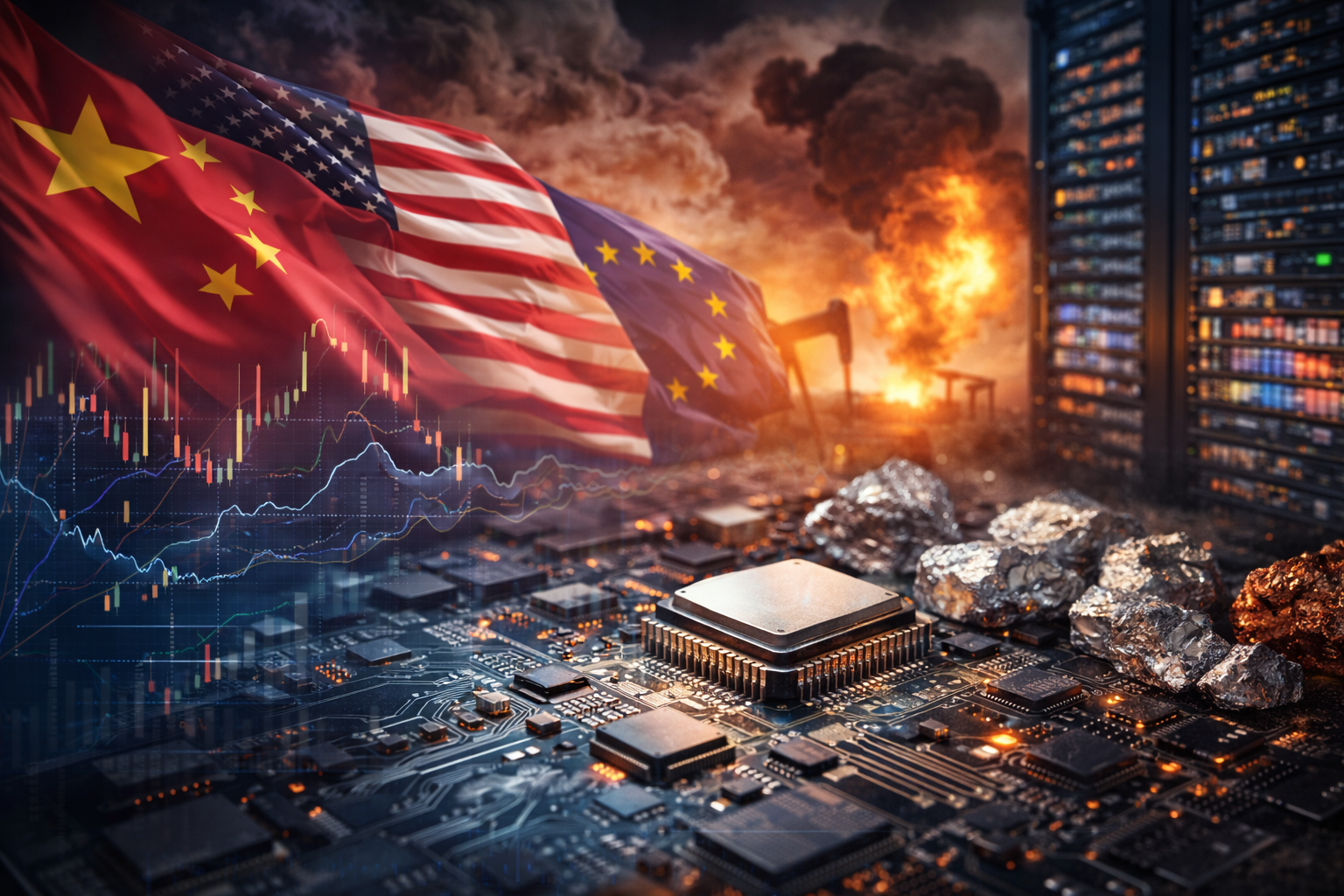In a groundbreaking announcement, the Russian Ministry of Health has revealed plans to distribute a new cancer vaccine, free of charge, to its citizens starting early in 2025. This development could have profound implications for investors, particularly those with stakes in the healthcare and biotechnology sectors. Here’s a comprehensive look at what this means for the investment landscape.
The Vaccine: What We Know
- Personalized Treatment: Unlike traditional vaccines, this one is tailored to each patient’s specific cancer profile using mRNA technology, similar to some advanced treatments in the West. This personalization could potentially revolutionize cancer care by targeting the unique mutations in a patient’s tumor.
- Free Distribution: By offering the vaccine free to patients, Russia aims to increase accessibility to cutting-edge treatments. This move could lower the financial burden on its healthcare system but also impacts the commercial market dynamics for cancer treatments globally.
- Preclinical Success: Reports indicate that preclinical trials showed significant reductions in tumor size and the prevention of metastasis, which if replicated in human trials, could mark a major leap in oncology.
Investment Implications
- Pharmaceutical Companies: Companies like Moderna and Merck & Co., which are already in the cancer vaccine race, might face new competition. However, the personalized nature of the Russian vaccine suggests there’s room for multiple players, especially if the technology proves effective across different cancer types.
- Biotech Startups: Smaller biotech firms focusing on mRNA or personalized medicine could see an uptick in investment interest, as this announcement underscores the viability of such technologies.
- Market Expansion: If successful, this could expand the market for cancer vaccines, particularly in regions where cost has been a barrier. Investors should watch for companies that might partner with Russian entities or adapt similar strategies to penetrate new markets.
- Regulatory and Ethical Considerations: Investors must consider the regulatory environment, especially if they’re looking at investments outside Russia. The global acceptance of this vaccine, along with ethical concerns around data privacy in personalized medicine, will be crucial.
Stock Market Reactions and Volatility
- Immediate Impact: Stocks in the healthcare sector, especially those related to cancer treatment, might experience volatility as investors digest this news. Companies directly involved in similar tech or those with stakes in Russia could see movements.
- Long-term Outlook: The potential for a new, effective cancer treatment could lead to a reevaluation of investment in oncology, with a shift towards personalized medicine. This could benefit companies with a strong R&D pipeline in this area.
Geopolitical and Economic Factors
- Sanctions and Collaboration: Current geopolitical tensions, including sanctions, might affect how Russian medical innovations are viewed or adopted internationally, influencing investment decisions.
- Economic Impact: Free distribution signals a significant investment by the Russian government in healthcare. This could have ripple effects on its economy, potentially influencing investor confidence in Russian markets or companies involved.
Conclusion
While this vaccine’s rollout might not immediately alter global investment portfolios, its long-term implications could be substantial. Investors should monitor the vaccine’s clinical trial results, potential international collaborations, and the response from major pharmaceutical companies. The move towards personalized cancer treatment in Russia could catalyze a broader shift in how cancer is approached worldwide, opening new avenues for investment but also presenting new risks and considerations.
Sources:
- Information on the vaccine’s development and distribution plans: https://www.irishstar.com/news/us-news/russia-launch-free-cancer-vaccine-34324862
- Insights on global cancer vaccine research: https://www.reuters.com/business/healthcare-pharmaceuticals/putin-says-russia-is-close-creating-cancer-vaccines-2024-02-14/
- Commentary on personalized medicine and market trends: https://x.com/ilyassahinMD/status/1869093803161985310
Please note, while this news holds promise, investors should approach with caution, considering the geopolitical landscape and the need for further validation through clinical trials.





